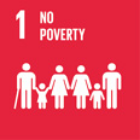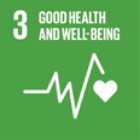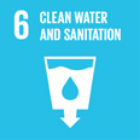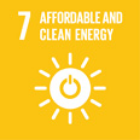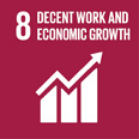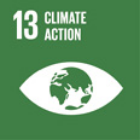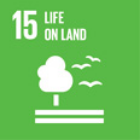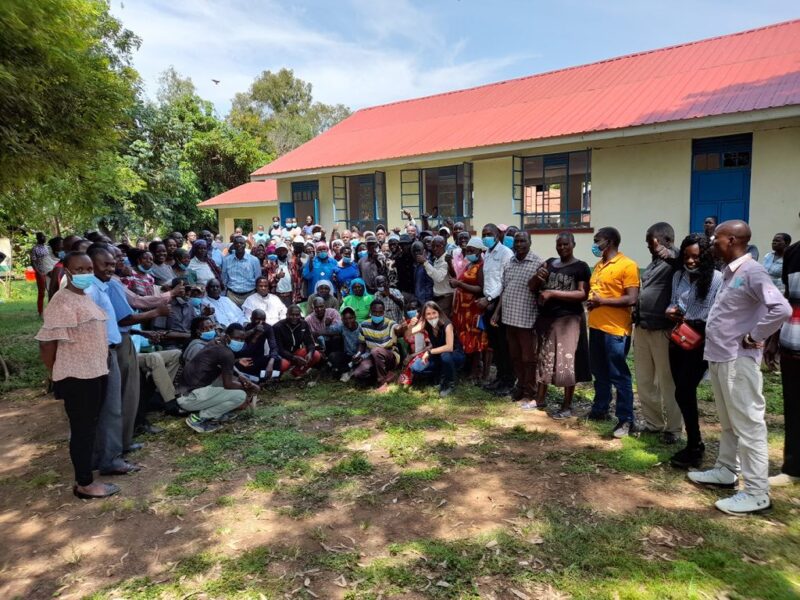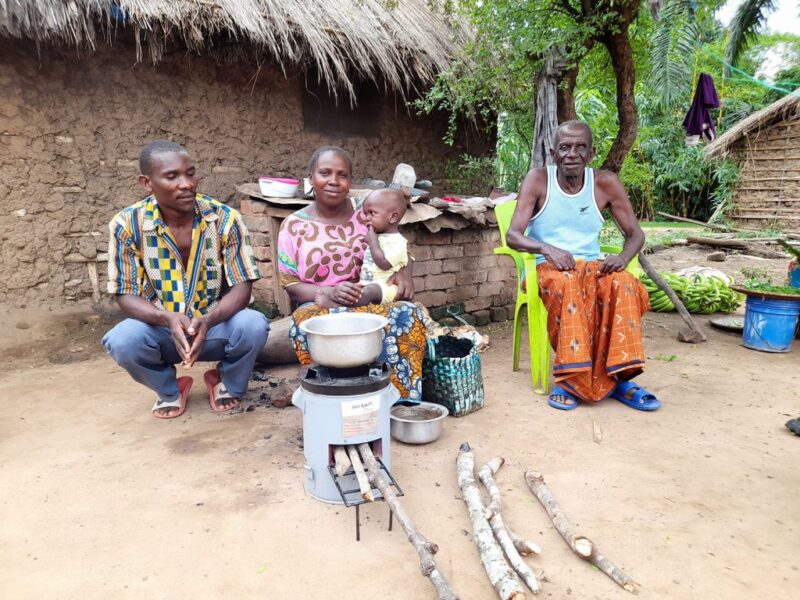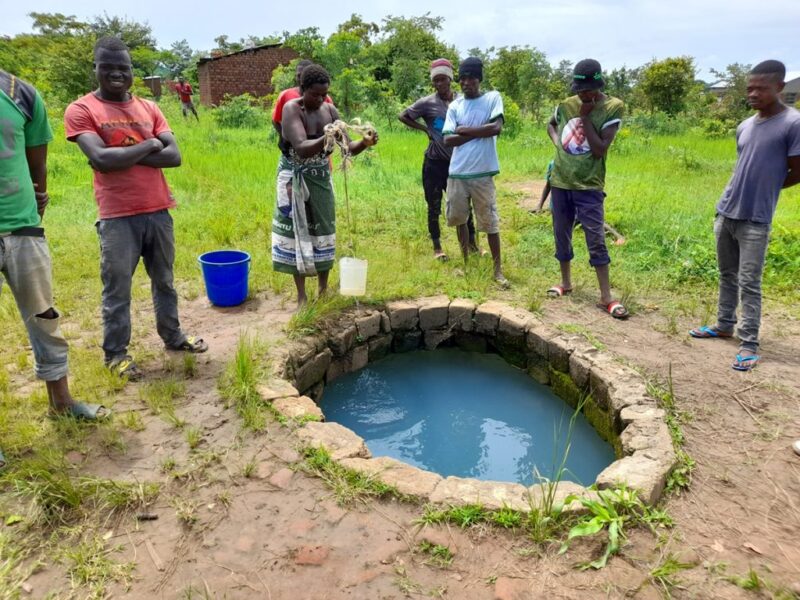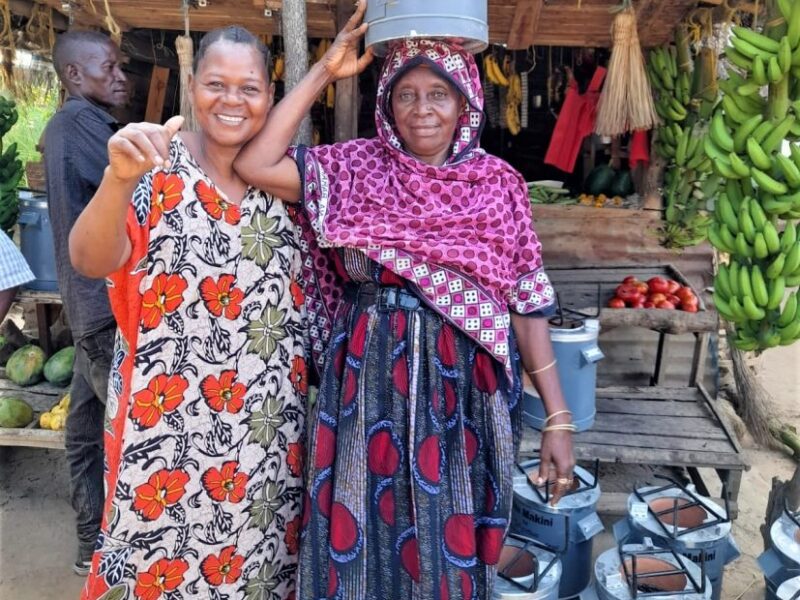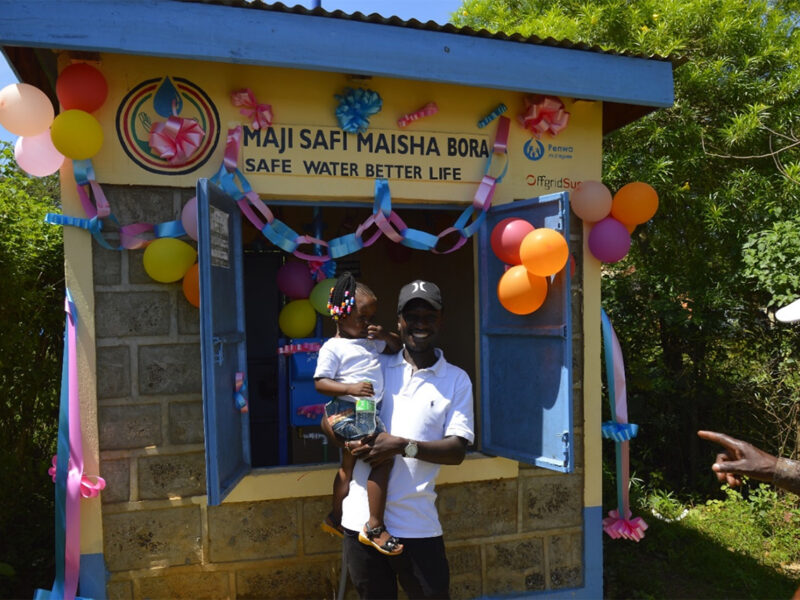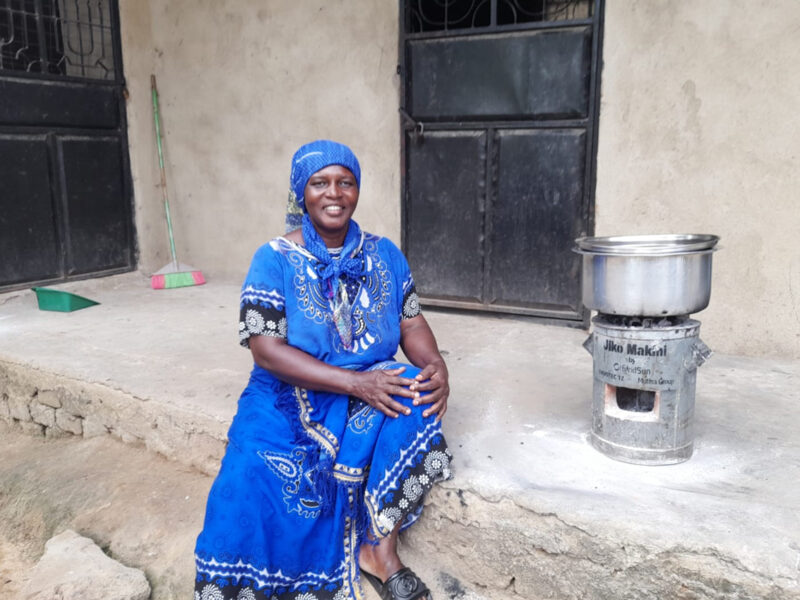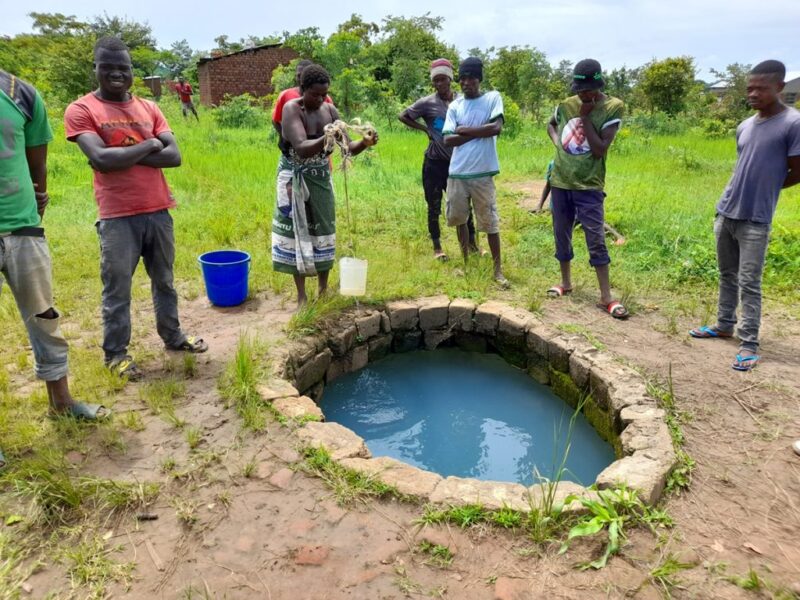Carbon credits
Certified Gold Standard Carbon Credits and intermediation-free for carbon-neutral companies
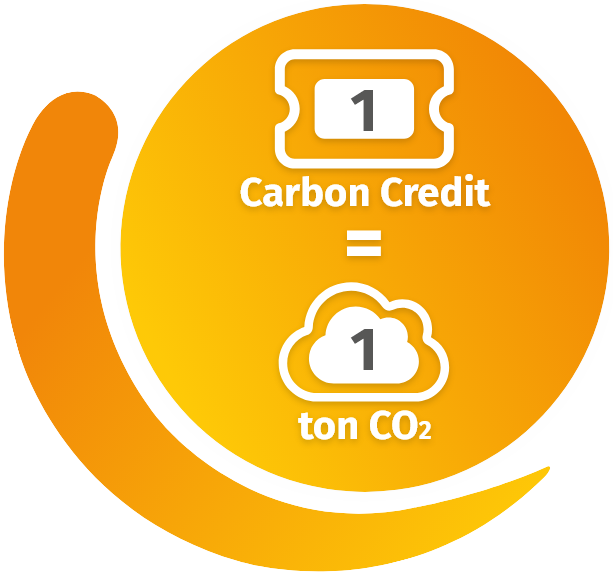
In territories where we have been operating in the solar sector for many years, since 2020 we have started developing projects that generate certified Gold Standard carbon credits.
BUT WHAT ARE CARBON CREDITS?
It is essential to understand that there are voluntary market carbon credits (VCM) and carbon allowances in a mandatory market (such as the ETS in Europe). These are two completely different things that only share the ultimate goal of reducing emissions. However, what consumers most frequently see are VCM credits. For example, by purchasing these credits, some clothing or food companies can claim to be “carbon neutral.” Since they are VOLUNTARY, companies are not obligated to purchase them. One credit is equivalent to one tonne of CO2 saved or absorbed.
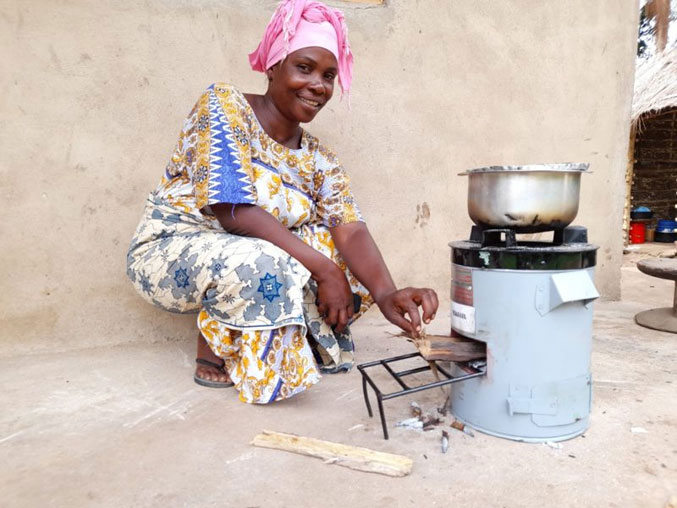
ADDITIONALITY IS THE KEY!
The essential question to ask, which helps us understand the essence of carbon credits, is: would we have saved that CO2 without costs incurred by companies that purchase the credits?
If the answer is NO, then the credit is justified, otherwise, it is greenwashing.
Let’s give an example: the woman in the photo always cooked by placing a pot on three stones.
This way, she burned a large amount of wood in an inefficient manner, which she obtained by cutting down trees around her village.
With a simple stove, like the one in the photo, she can cook the same food using 70% less wood.
However, she cannot afford the stove because it costs too much.
But if someone arrives and sells it to her at a low price, she uses it and starts emitting less CO2.
By purchasing carbon credits, companies are subsidizing the purchase of the stove by the woman.
In return, they receive an abstract document, which is the carbon credit.
FOR COMPANIES, BUYING CREDITS IS COSTLY!
In other words, it makes sense to first reduce their own emissions and only then buy credits because credits have an annual validity, and the counter resets every year.
For example, if a company installs a photovoltaic system, it will produce CO2 savings for decades. On the other hand, a credit expires within a single year, and the following year it must be purchased again.
WHO SELLS THE CREDITS?
There are various entities that sell them, and there are also cunning sellers, just like in any other market. It is up to the customer to evaluate. Precisely because credits are voluntary and not subject to legal obligations (for now!).
The wisest thing would be to invest directly in individual projects with the support of a developer like OffgridSun, which takes care of all bureaucratic aspects and field implementation.
OffgridSun is in fact an Italian company that deals with the development and management of projects that generate internationally certified Carbon Credits through the social and environmental redevelopment of disadvantaged areas in Africa.
Are you planning to implement corporate sustainability strategies in your company, aimed at achieving Carbon Neutrality and/or Net-Zero? If so, you are in the right place!
Projects that generate certified Carbon Credits
Achieving Net-Zero and Carbon Neutrality is possible, you just need to want it
As individuals or as companies, we must strive every day to reduce our carbon emissions. At some point, however, there remain residual emissions that can be offset with our projects that help avoid equivalent emissions in Africa. In doing so, in addition to reducing CO2, we also improve the living conditions of hundreds of thousands of people.
For those looking for carbon credits with direct contact with the project. In complete transparency.
For those who want to secure a comprehensive project for the coming years.
For NGOs that can collaborate with us and have new resources to deploy.
For those who want to do something concrete. No greenwashing talk.
Sustainable Development GOALS
